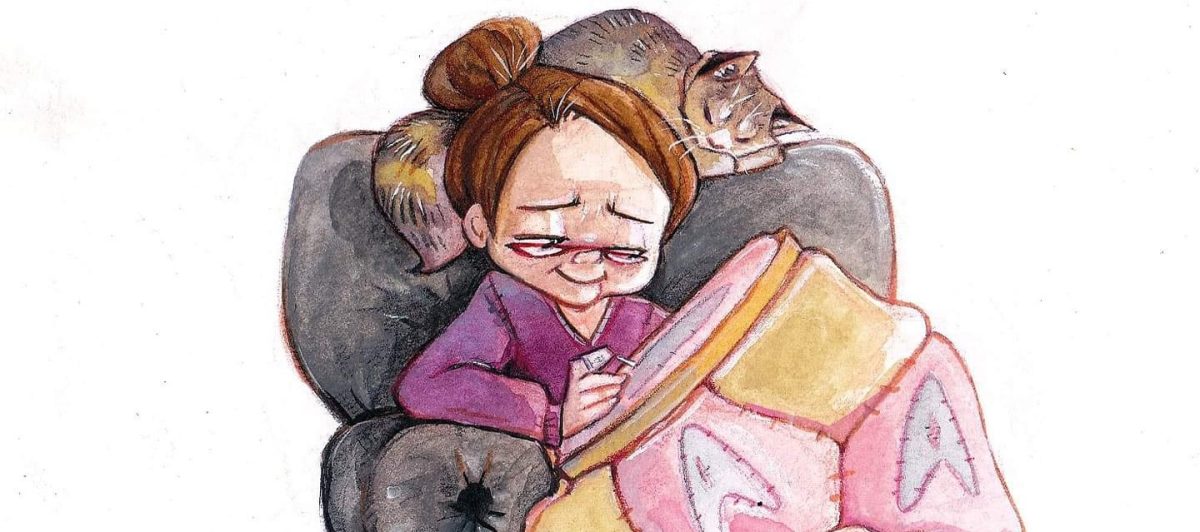The door to the administrator’s office bore the stark designation of his title: “Vocational Education Program Administrator.” His job was to oversee the certification process for businesses seeking entry into the controversial child commodity market. These businesses had to adhere strictly to government guidelines dictating the use and benefit from the labor of child commodities.
His office was a testament to the mounting pressure he faced. A dark blue jacket hung on the coat rack, a symbol of the professionalism he once embraced. Today, however, his white shirtsleeves were rolled halfway up his forearms, a sign of the sleeves-up struggle he found himself in.
The administrator sat behind his desk, his face buried in his hands, fingers pressed against his temples in an attempt to quell the throbbing migraine that had become an unwelcome companion. A stack of VEP applications towered before him, an insurmountable mountain of paperwork that seemed to multiply daily. His once-efficient staff of four now felt like a burden, overwhelmed by the sheer volume of inspections and paperwork required.
The situation had taken a darker turn with the departure of his most experienced and reliable inspector, who had left for maternity leave. Her absence left a void that couldn’t be easily filled. No replacement was in sight, and the remaining inspectors struggled, their work teetering dangerously close to incompetence.
The pressure intensified as the government agency sponsoring the child commodity program breathed down his neck. Their funding was directly tied to the number of VEP applicants certified each year. They demanded an 8 percent increase in productivity compared to the previous year, an expectation that loomed over him like a dark cloud.
He stared at the stack of applications, his fingers drumming nervously on his desk. The temptation to fabricate inspection reports and expedite the process nagged at him. It seemed like the only way to meet the government’s demands and secure the program’s funding. No one would know the truth, or so he hoped.
The administrator’s conscience warred with the choices before him. He had started in this role with the belief that he could make a positive impact on the program, ensuring that child commodities were treated with dignity and care. But now, the weight of bureaucracy, deadlines, and moral compromises bore down upon him. The lines between right and wrong blurred, and he faced a decision that would define his career, and perhaps his soul.
